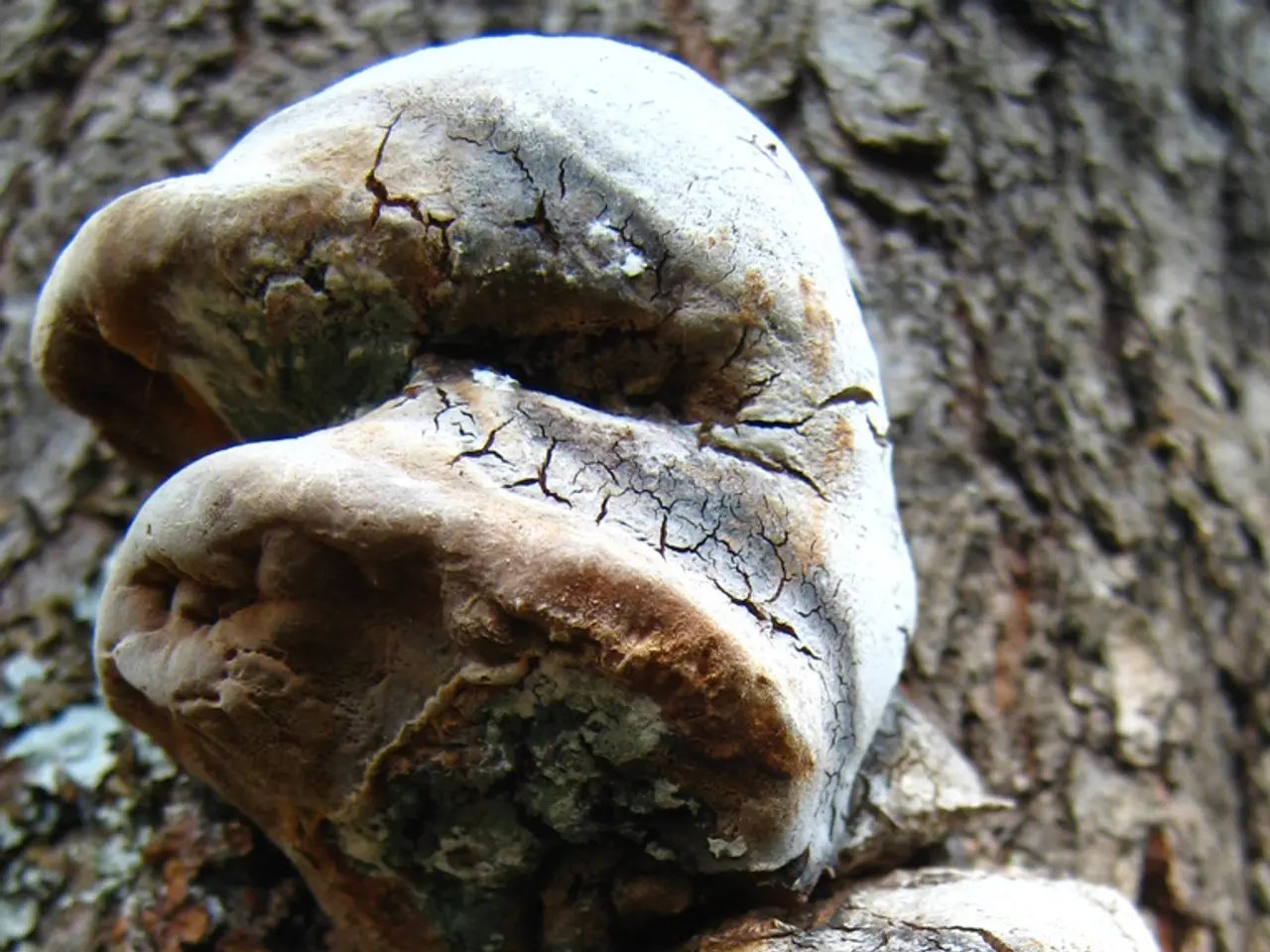Importance of Prompt Lichen Sclerosus Recognition inits Treatment
In the realm of health conditions that primarily affect the genital and anal areas, Lichen Sclerosus (LS) is a chronic skin disorder that warrants increased awareness. The importance of early diagnosis cannot be overstated, particularly within the UK healthcare context.
Early detection of LS offers several significant advantages. Timely intervention allows for the control of symptoms such as itching, pain, and discomfort, which can significantly improve patients' quality of life. Early treatment can also help prevent the progression of LS to more severe complications, including skin atrophy, scarring, and architectural changes of the vulvar area, which can lead to functional impairment.
Crucially, early diagnosis reduces the risk of developing vulvar squamous cell carcinoma, a malignancy that can arise from chronic inflammation associated with LS. Studies indicate that advanced age and chronic inflammation are significant risk factors for vulvar cancers, underscoring the importance of early recognition and monitoring.
Early-stage LS can often be effectively managed with potent topical corticosteroids like clobetasol propionate. Delayed diagnosis often leads to more extensive disease that may be less responsive to topical treatment alone and might require more invasive management. Patients diagnosed early benefit from regular follow-up and surveillance, enabling early detection of any malignant transformation or complications.
In the UK, the NHS and dermatological practice place great emphasis on early recognition of LS to prevent long-term sequelae and reduce cancer risk. Dermatologists often recommend immediate initiation of ultrapotent topical steroids once LS is diagnosed, highlighting the importance of early clinical suspicion and biopsy if needed. Primary care awareness and referral pathways in the UK promote early specialist assessment, ensuring management starts at an early disease stage, improving prognosis.
Reaching out for help is the first crucial step toward healing for anyone grappling with LS symptoms. Witnessing optimism grow as tangible improvements in symptoms and overall lives occur is uplifting. Cultivating a culture that values discussions about health, regardless of the sensitivity of the topics involved, is crucial.
Untreated LS may result in skin changes that necessitate more invasive interventions later on. Encouraging open dialogue about LS is essential for promoting early diagnoses and advocating for improved access to information and resources. Many patients notice a clear improvement in their quality of life following early intervention.
By supporting one another and fostering a community grounded in awareness, we can reshape the narrative surrounding LS. Many individuals may live with LS for months or even years without realizing they're experiencing a medical condition. Together, we can promote early diagnoses, cultivate hope for the future, and build a more connected and understanding society. For further investigation, a complementary document is provided for your perusal.
[1] Bischoff, M. A., et al. (2018). Lichen Sclerosus: Epidemiology, Pathogenesis, Clinical Features, and Diagnosis. Journal of Clinical and Aesthetic Dermatology, 11(1), 13–20. [2] Heading, S. A., et al. (2018). Lichen Sclerosus: Review and Update on Epidemiology, Diagnosis, and Management. British Journal of Dermatology, 179(4), 517–526. [3] Kaur, P., et al. (2020). Lichen Sclerosus: A Systematic Review of Lifestyle Modifications and Dietary Supplements. Journal of Clinical and Aesthetic Dermatology, 13(1), 29–37. [4] Mehrotra, A., et al. (2019). Lichen Sclerosus: A Systematic Review of Treatment Options. Journal of Clinical and Aesthetic Dermatology, 12(1), 28–36.
- Discussions about Lichen Sclerosus (LS), a chronic skin disorder affecting the genital and anal areas, are crucial for early diagnosis, as its progression can lead to severe complications and a higher risk of vulvar squamous cell carcinoma.
- By understanding the symptoms such as itching, pain, and discomfort associated with LS, one can improve their quality of life and prevent long-term health issues with timely intervention.
- Primary care providers and dermatologists in the UK emphasize early recognition of LS due to its potential to cause architectural changes, skin atrophy, scarring, and functional impairment.
- In the medical-health field, lifestyle modifications and skin-care routines can play a role in managing LS, with early detection offering significant advantages for treatment and prognosis.
- Media and fashion events should raise awareness about LS, not only to advocate for improved access to information and resources but to break the stigma surrounding sensitive health topics.
- Promoting mental health is integral in supporting individuals living with LS, as facing undiagnosed or misdiagnosed medical-conditions can cause distress and anxiety. By building a supportive community, we can foster hope and understanding for all members.




